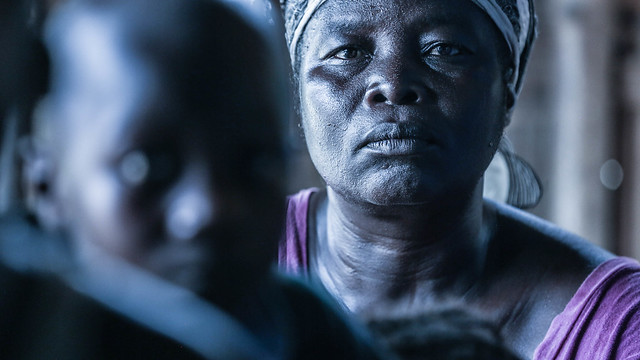Indigenous Technology Influence on Modern Technology
When we blend the knowledge of indigenous people with modern technology, we develop solutions that work well and respect the environment. We also recognize the value of traditional knowledge and cultures and work to preserve them.
Indigenous technology has had a significant influence on modern technology in the fields of modern design and aesthetics, sustainable practices, renewable energy sources, medicines and pharmaceuticals, conservation and biodiversity. Indigenous technology has impacted modern technology in a positive way by making it sustainable, respectful of cultural differences, and fair for everyone involved.
By incorporating indigenous knowledge into modern technology, we can create solutions that are not only effective but also reflect a deep understanding of the natural world and the importance of preserving traditional knowledge and cultures.
.jpg) |
| Same team. |
Indigenous Technology has a Major Influence on Modern Technology.
Indigenous communities have developed sustainable agricultural practices that are adapted to local environments and focus on preserving soil fertility and biodiversity. Techniques such as crop rotation, intercropping, and agroforestry have been used for centuries, and modern sustainable agriculture has recognized their value. By incorporating traditional knowledge and practices into modern sustainable energy practices, we can create solutions that are not only effective but also culturally sensitive and equitable.
Similarly, indigenous communities have developed sustainable practices for managing natural resources such as forests, water, and wildlife. These practices prioritize conservation and biodiversity and often involve community-based management systems. Modern sustainable natural resource management has recognized their value and has incorporated them into policies and programs that promote sustainable development. Indigenous technology has also long used renewable energy sources such as solar, wind, and hydro power.
Modern sustainable energy practices have embraced these alternative energy sources and have become increasingly important as the world moves away from fossil fuels. Traditional knowledge developed by indigenous communities has long recognized the importance of using renewable energy sources such as solar, wind, and hydro power.
These alternative energy sources have been used for centuries, and modern sustainable energy practices have embraced them as a means of reducing our reliance on fossil fuels. Many indigenous communities in remote areas rely on off-grid renewable energy sources such as solar panels and wind turbines to generate electricity. These practices are sustainable, and they help reduce the environmental impact of modern energy practices.
Blending the knowledge of indigenous people with modern technology we develop solutions that work well and respect the value of traditional knowledge. In the field of medicines and pharmaceuticals, indigenous technology has provided the basis for many modern medicines and pharmaceuticals. Traditional medicine developed by indigenous communities has been used for centuries to treat various ailments, and modern medicine has increasingly recognized its value. For example, the painkiller aspirin is derived from salicylic acid, which was first isolated from the bark of willow trees, a remedy used by indigenous people for centuries. Indigenous communities have also developed remedies for diseases such as malaria, which have been the basis for modern anti-malarial drugs.
Conservation and biodiversity are the brain children of indigenous technology and has provided valuable insights into the natural world and the importance of biodiversity. Indigenous communities have a deep understanding of the natural environment and have developed practices that conserve biodiversity and protect ecosystems.
These practices prioritize conservation and biodiversity, and they often involve community-based management systems that ensure equitable access to resources. Modern conservation biology has recognized the value of these practices and has incorporated them into policies and programs that promote biodiversity conservation and ecosystem protection.
More links to articles you will find thought provoking.
- That African Fabric You're Wearing Isn’t African

- About neck elongation rings

-
Lighthouses of Egypt and Morocco

- Mental Illness in Africa Taboos

-
Kente cloth inspired by a spiders web

































